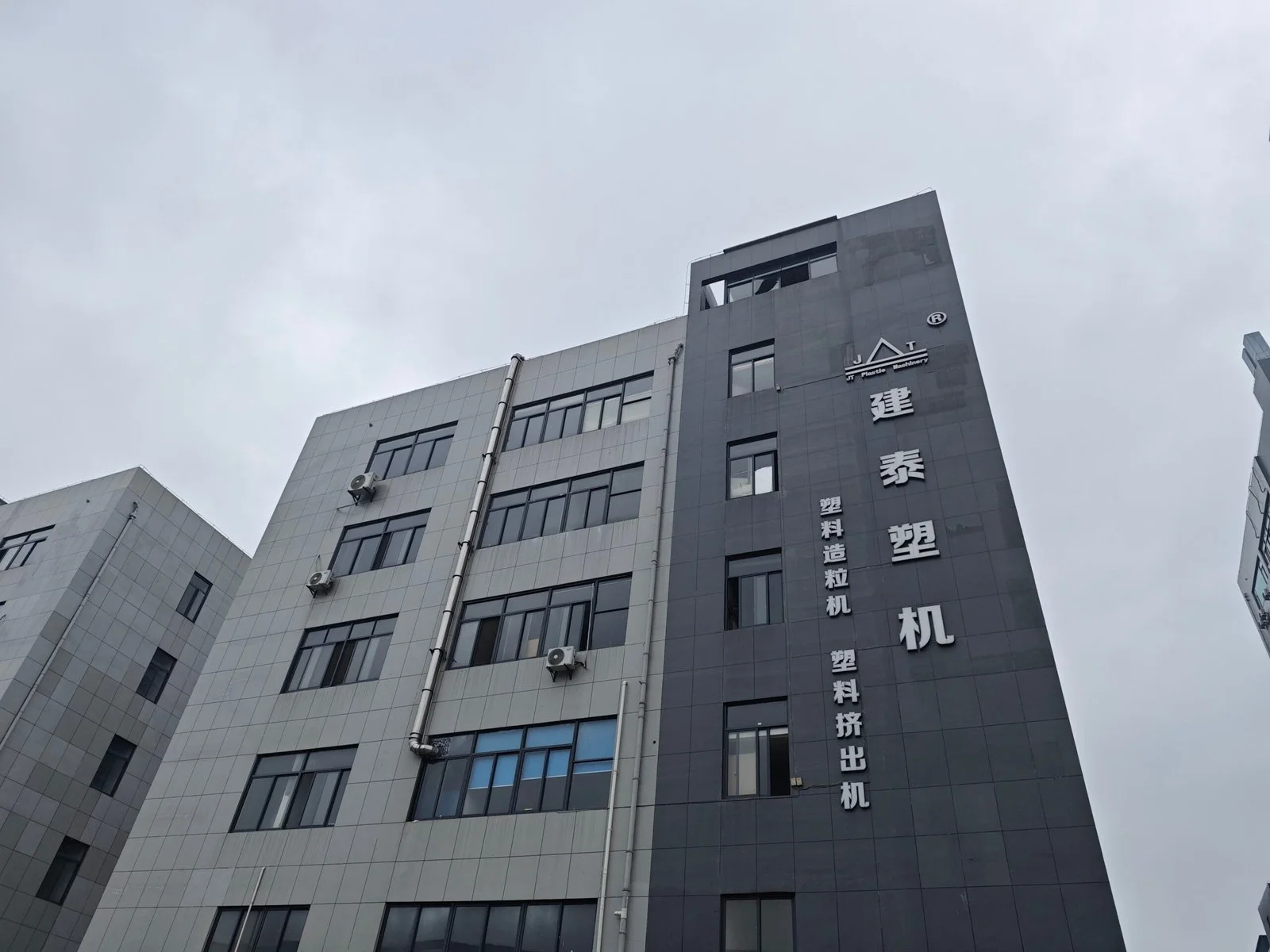Make some changes to the world environment
-
Building 3, Wanyang Innovation City, Langxia Street, Yuyao City, Zhejiang Province
Excellent plastic recycling machine manufacturer
Hey there! Welcome to JianTai, where we’re all about turning plastic waste into something useful. We make plastic recycling machines that are simple to use, super efficient, and perfect for anyone looking to jump into recycling—whether you’re a small startup or a big player in the industry.

Environmentally Friendly Plastic Recycling Machine
$10,100.00 – $50,000.00
HDPE Recycling Machine
$10,100.00 – $50,000.00
PET Recycling Machine
$10,100.00 – $50,000.00
PLA Recycling Machine
$10,100.00 – $50,000.00

JianTai: Your Trusted Partner in Plastic Recycling
JianTai is a leading manufacturer and supplier of high-quality plastic recycling machines. With years of experience and a commitment to innovation, JianTai offers a wide range of machines designed to meet the diverse needs of the plastic recycling industry.
- Advanced Technology: Our machines are equipped with the latest technology for efficient and effective recycling.
- Custom Solutions: We provide tailor-made solutions to fit specific customer requirements.
- Global Support: With a worldwide network, we offer comprehensive support and service.
PLANTS USING OUR
PLASTIC RECYCLING MACHINES
We are proud of having manufactured and installed more than 105 plasticrecycling plants worldwide. lf you combine the processing power of theseplants, our machines are responsible of recycling more than 500.000 tons ofplastic every year!




More what our users say about us
Clients trust JianTai for reliable machines, custom solutions, and responsive support. They appreciate our efficiency, advanced technology, and commitment to sustainability.



Plastic Recycling Machine FAQ

On Customization Needs
On Additional Features
Produce High-Quality Plastic Pellets For Higher Profits
